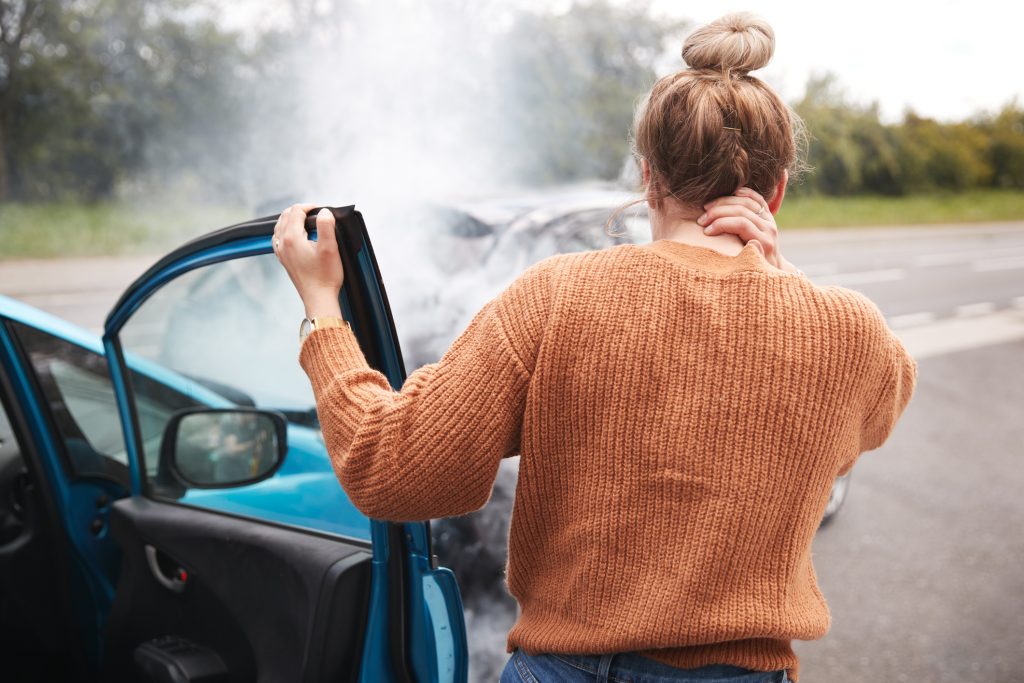
In certain situations, the Family Purpose Doctrine enables car accident victims to pursue legal action against the parents if their child caused the crash. If the vehicle is owned by at least one parent, the child was given permission to drive the vehicle at the time of the accident, and the parent was aware of the child’s proclivity for reckless driving, then the parent may be found liable for the resulting damages.
Why Children May Pose a Higher Risk on Our Roads
At Crowe Arnold & Majors, LLP, our Dallas car accident lawyers know that there are bad drivers in every age group, but the lack of experience can make even well-intentioned 16 and 17-year-olds a greater risk on our roadways. For the following reasons, minor drivers are more likely to cause an accident than more experienced drivers:
- Less experienced drivers may not be as fast when it comes to making critical decisions
- They are not as experienced at identifying potential hazards and safely adapting to avoid danger
- Inexperienced drivers are more likely to follow another vehicle too closely
- Young drivers may be more prone to distracted driving, typically due to texting
- A small quantity of drugs or alcohol may disproportionately impair a minor more than it would a person who is larger and/or has a higher level of tolerance
Parsing out the elements of the Family Purpose Doctrine, the first item a Dallas car accident attorney will examine is who is listed on the title of the vehicle. If the minor is listed as the sole owner, then the parents cannot be held liable for damages.
Ownership Matters
In the event that the minor is not the owner of the vehicle, then the only person that can potentially be held liable for the child’s actions is the parent listed on the title. If only one parent is listed on the vehicle’s title, then the other parent cannot be sued in a car accident lawsuit. For this reason, many parents list only one name on the vehicle’s title if they plan to allow their child to drive it.
As mentioned above, assuming the minor is not the vehicle’s owner, then two elements must be met in order for the parent(s) listed on the title to be held liable:
- The parent(s) gave the child permission to drive the car for the trip during which the crash occurred. If the minor drove the vehicle without parental consent, then the parent could not be held liable. Taking it a step further, even if the child had permission to drive that vehicle at times, it must still be proven that he or she had permission under the current circumstances. For example, parents may set a rule that the child can drive the vehicle at any time before 9 pm, but is not allowed to drive after 9 pm. If the child takes the vehicle out at 9:25 pm and proceeds to cause an accident, the parents would not be liable for it.
- The parent(s) must have been aware that the minor was apt to drive recklessly. This element is particularly difficult to prove, as even if the parent(s) were aware of the child’s past traffic violations, that may still not be enough to satisfy this element. One example of a fact pattern where the parent(s) may be held liable is if it was known that the child would be attending a party where he or she was likely to consume drugs or alcohol before driving home, then the parent(s) would be subject to liability.
These cases are often complex because of the challenge in proving the aforementioned elements. By entrusting your case to an experienced personal injury attorney, you can help increase the value of your case and thereby maximize the amount of your financial recovery.
Trust Crowe Arnold & Majors, LLP to Help
With more than a quarter of a century of personal injury experience, our attorneys at Crowe Arnold & Majors, LLP take pride in fighting for justice on behalf of our clients here in Dallas. Our track record speaks for itself, as we have recovered over $100 Million in settlements and jury verdicts.
If you have questions about parental liability for car accidents caused by their children, call or click now to schedule your cost-free consultation. We work on a contingency basis, meaning you will not owe us anything unless you prevail in your case.





